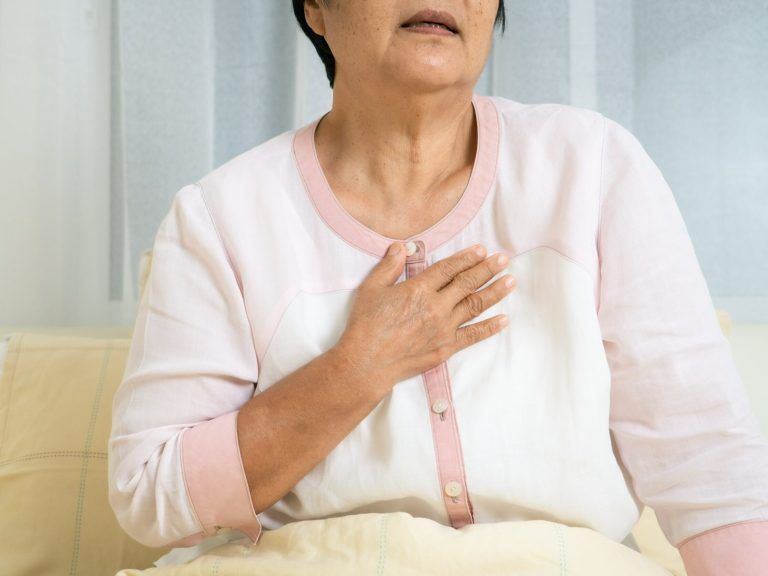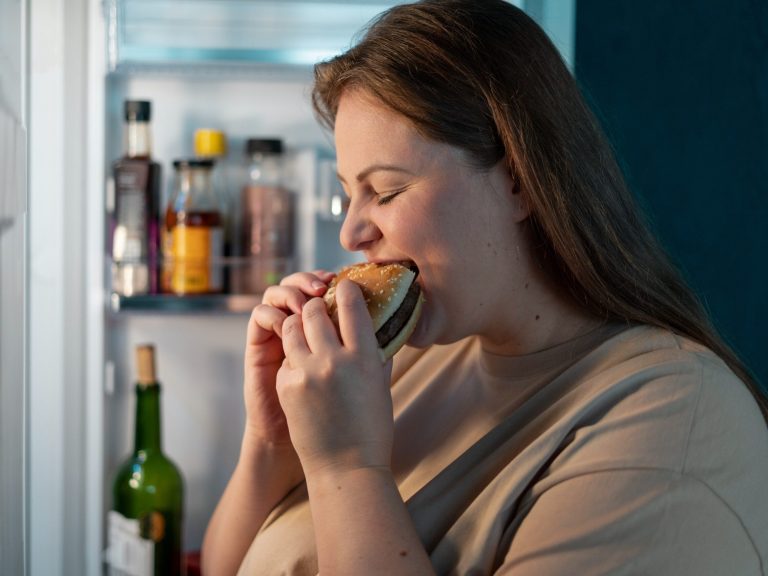7 rules of “smart” grilling. See how to support your liver during the May weekend

There is no May weekend without a barbecue. Carefree feasting at the grill is usually a difficult time for the liver, which has to work very hard to deal with all the sausages, pork necks and other delicacies. However, you can help her in this difficult task. All you need to do is follow the simple rules of “smart” grilling.
The liver plays a very important role in the digestion process. It produces bile, which breaks fat into smaller particles and thus improves the absorption of the compound by the body. Although this task seems simple, it is not the easiest one, especially during the May weekend. When it gets warm, we light the grill and load a lot of different types of snacks rich in fat. Sausages, steaks, marinated pork necks and other meat delicacies are a heavy burden on the digestive tract. They force the liver to work intensively. At some point, a tired organ begins to rebel and refuse to obey, which results in the appearance of various unpleasant ailments. This includes: about fatigue, headaches, flatulence, constipation or abdominal pain. Fortunately, you can minimize the risk of their occurrence without giving up feasting at the grill. You just need to grill wisely and follow a few rules.
Eat vegetables with grilled dishes
Include a large amount of easily digestible vegetables in your May menu, preferably in raw or cooked form. Parsley, celery, broccoli, cauliflower and carrots will work well, among others. Also include beets in your menu. The compounds contained in them help cleanse the body of toxins and support liver function. They also have anti-inflammatory properties and protect the organ against damage.
The order of food eaten is also important. Reach for vegetables before grilled dishes. Thanks to this, you will satisfy your hunger faster and eat less meat, and as a result, you will not burden your liver too much. It is also a good solution for people who want to limit the number of calories they consume. Vegetables contain dietary fiber that cannot be digested. It swells in the stomach and prolongs the feeling of satiety after a meal. In addition, it accelerates intestinal peristalsis, which translates into better metabolism.
Grill without alcohol
Alcohol is metabolized primarily in the liver. The whole process puts a lot of strain on the organ, so the best solution is to completely give up “percentage” (not only during the May weekend). However, if you cannot imagine grilling without a dose of “something stronger”, reach for a small amount of dry wine. Avoid colored alcohols with high sugar content and drinks prepared with cola or other sweetened drinks. This type of “inventions” pose a real challenge for the liver, which must cope not only with metabolizing alcohol, but also sugar.
Don't keep delicacies on the grill for too long
The shorter the grilling time, the better for the liver. It's best to avoid keeping large pieces of pork neck, chicken or bacon on the grill. Choose skewers. Sliced meat does not require long thermal treatment. It will be ready faster, which means it will spend less time on the grill. Remember that you can grill practically anything, not only sausages or other meats, but also vegetables, fish, cheese and even fruit. Don't forget about one more important thing – make sure not to burn the food on the grill. Long grilling promotes the formation of toxic compounds. One of them is acrolein. It is an aldehyde with strong carcinogenic properties.
What are some other rules for smart grilling?
When grilling, it is worth remembering other important rules. Pay particular attention to:
-
choose high-quality products – stop buying ready-made grilled delicacies, replace aluminum trays with reusable ones,
-
season food on the grill – thyme, marjoram, cumin, oregano and black pepper will support liver function (but limit the amount of salt used),
-
include products that support the digestive system in the May menu – not only the vegetables mentioned earlier, but also artichoke and milk thistle,
-
move – physical activity after the barbecue does not have to be intense (a simple fifteen-minute walk is enough to start with).






